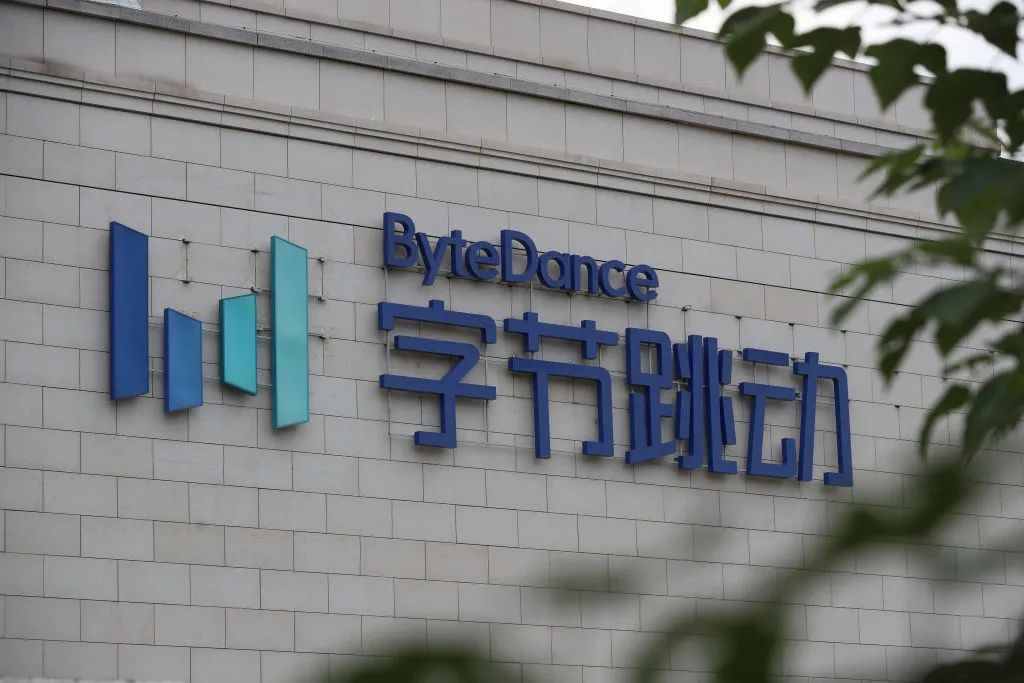
ByteDance is reportedly preparing to develop a new artificial intelligence model using Huawei chips, as U.S. trade restrictions push the Chinese tech giant to seek domestic alternatives. According to three sources familiar with the matter, ByteDance will train the model primarily with Huawei’s Ascend 910B chips, a move that underscores its effort to diversify its AI chip supply amid limited access to U.S.-made chips like Nvidia’s.
The sources indicate ByteDance has already shifted towards domestic chip suppliers for its AI development needs following the U.S. restrictions imposed in 2022, which limit exports of advanced AI chips from companies like Nvidia. AI has become a critical component across various industries, with firms ranging from gaming to e-commerce integrating AI models for innovation and competitive advantage. ByteDance’s plan to utilize Huawei’s Ascend 910B chip highlights its next step in advancing AI capabilities.
While ByteDance currently uses the Ascend 910B chip for less computationally demanding tasks, such as AI inference—which involves using pre-trained models to make predictions—the training of new AI models requires far more computing power. Sources also indicated that the planned AI model, while not as complex as ByteDance’s current large-language model Doubao, marks an expansion in the company’s AI strategy.
ByteDance spokesperson Michael Hughes, however, denied these claims, stating, “The entire premise here is wrong. No new model is being developed.” Huawei has not responded to requests for comment, and another source was unable to confirm whether the new model will indeed use Huawei chips.
Despite the ambitious AI model development plans, ByteDance has faced challenges in securing enough Huawei chips to meet its demands. One source revealed that while the company has placed orders for over 100,000 Ascend 910B chips this year, it has only received fewer than 30,000 by July. This supply constraint, along with the Ascend chip’s relatively limited power compared to Nvidia’s China-specific H20 chip, has slowed ByteDance’s progress and made it difficult to set a timeline for the new AI model’s launch.
ByteDance has been expanding its AI technology applications since launching its flagship large-language model Doubao in August 2023. The company also introduced two new video-focused Doubao models this month to compete with U.S.-based OpenAI. Doubao’s chatbot feature has seen rapid adoption, boasting over 10 million monthly active users, making it one of China’s most popular apps. ByteDance’s AI-driven tools like Jimeng, a text-to-video platform, have further solidified its position as a leader in AI innovation.
As ByteDance intensifies its reliance on AI, it has emerged as one of Huawei’s largest AI chip customers, according to the sources. It also remains a major buyer of Nvidia’s H20 AI chip tailored for the Chinese market. ByteDance reportedly spent $2 billion on Nvidia chips last year and is currently Microsoft’s largest client in Asia for Nvidia-powered cloud computing.
Nvidia declined to comment on the matter, while Microsoft did not respond to a request for comment.
Featured Image courtesy of TechCrunch
Follow for more updates on AI model developments.
